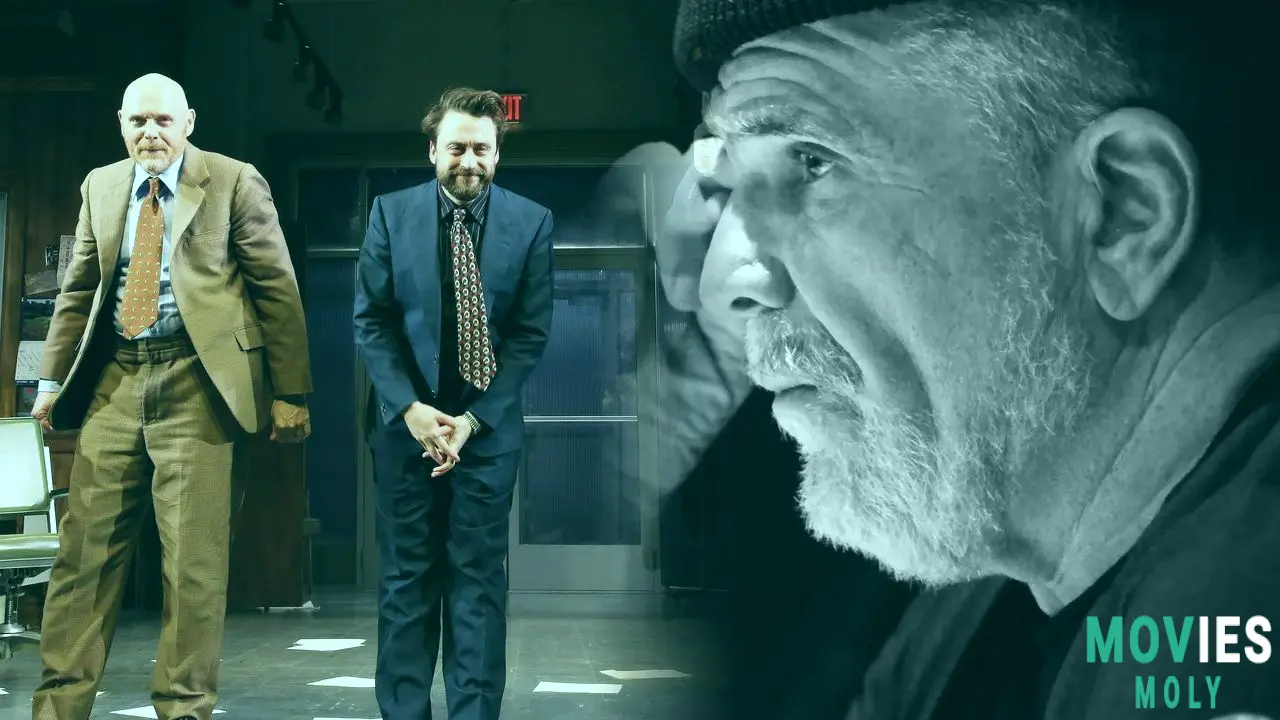Once upon a time David Mamet was the top American dramatist. His style exploded onto the scene in the late 1970s. He completely changed American theater with how real people talk. He cut out all the extra fluff and got rid of overly emotional speeches. Instead, he gave us quick, sharp dialogue. Smooth, charming characters were out. Rough working-class guys who thought they were hot stuff were in. He brought to life characters full of American ambition. He put them in dark, absurd situations. Then he made their voices clash. They used percussive chains of angry American talk that you just had to listen to. Without Mamet, we might not have writers like Aaron Sorkin or Lena Dunham. If you do not see his direct impact on many good scripts today it is because his influence is like the rich soil that makes a garden grow.
Early in his career the theater world loved him. He got two Tony nominations and won a Pulitzer in 1984 for Glengarry Glen Ross. He got another Pulitzer nomination later for his sad play The Cryptogram. He wrote the funny Speed-the-Plow which is one of the best Hollywood satires out there. He even had the guts to cast Madonna in its first Broadway run in 1988. It felt like it was David Mamet’s world and we were all just living in it.
About ten years after he became a major force in theater he went to Hollywood. He wrote some really good movie scripts like The Untouchables, The Verdict, and Wag the Dog. He kept getting awards. He took over from Paddy Chayefsky as the angry but captivating voice of America. He even took author photos wearing berets and smoking cigars. He had two periods of major success at the same time: one for his stage writing from 1977 to the late 1990s and another for his screenwriting from 1981 to the mid-2000s.
Lesser writers have characters speak from their hearts. Mamet’s characters speak from their gut and their anger. He wrote the "Chicago way" scene in The Untouchables which helped Sean Connery win an Oscar. For me though Connery’s character smiling and saying "Oh, what the hell! You gotta die of something" as he rides a horse to stop a booze shipment is the quote from The Untouchables I would choose to remember. Paul Newman gave one of his best performances ever thanks to Mamet’s script for 1982’s The Verdict. It is still considered the best courtroom drama of its time.
David Mamet's New Film Henry Johnson Marks His Return To DirectingA Look At The Plot, Shia LaBeouf's Performance, And Its Directorial Choices
We are in a Mamet season again. His first movie in over a decade, Henry Johnson, has just come out. You can rent it on its own website. It is worth watching but it is not a perfect movie. The dialogue feels a bit unanchored. It refers to things happening off-screen. What could have been haunting instead turns into sayings that try to sound wise but end up being common advice about surviving in prison. The film is based on Mamet’s own play. It shows the main character’s journey from a white-collar life to prison violence.
The first scene is the best part of the movie. Henry (Evan Jonigkeit) is questioned by his boss (Chris Bauer). Henry is often at the mercy of bad advice. He stole money from his job to help a terrible college friend get a good lawyer. Jonigkeit’s open face and innocent eyes are perfect for the kind of easily exploited newcomers that often appear in Mamet’s stories. His glasses cleverly remind me of Mamet’s own signature eyewear. Henry’s boss pours him whiskey and asks quick questions that trap Henry. Then the story quickly moves to Henry in prison.
Shia LaBeouf appears as Henry’s cellmate Gene. LaBeouf acts like you would expect him to in 2025: wild and intense. The rest of the movie plays out pretty much as you would think. It ends with a gun being emptied into a body that is already dead. LaBeouf’s performance in the film version is getting good reviews. The Hollywood Reporter noted that his "hint of madness and lurking danger" makes him a perfect fit for the role. Gene is clearly Mamet’s voice. However, his long aggressive speeches sometimes make the movie lose its way. Henry often seems like a passive character. We do not really feel much for him.
The film ends up feeling like a series of showy ideas that do not quite come together as a strong play. There are moments that feel unreal but Mamet does not seem to care. He just wants to give you another monologue. It feels like Mamet is not trying to capture human nature anymore. Instead, he is just using it to deliver his own ideas. This movie shows Mamet’s great skill but also his disinterest in what makes entertainment work. He wants to challenge the audience. However, he sometimes creates a self-indulgent space that feels important but is just uncomfortable.
Mamet's Plays Are Being Revived On Broadway And Drawing Big Crowds
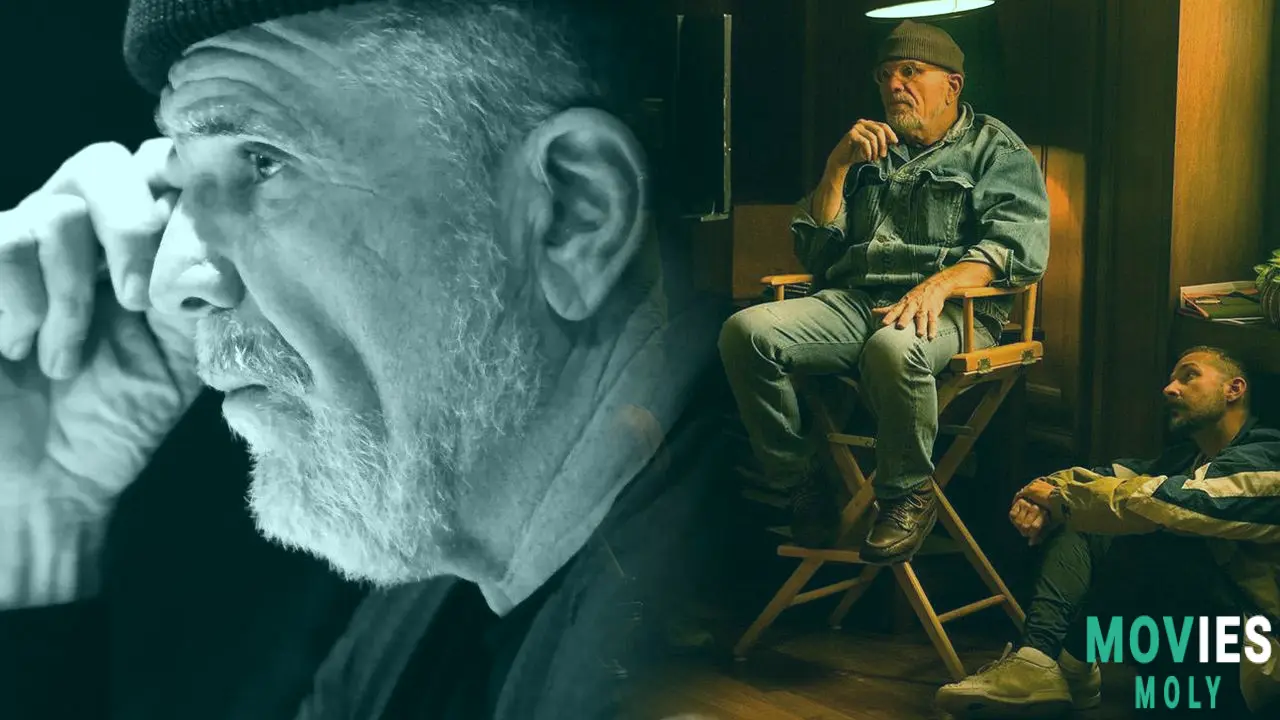
Despite The Writer's Personal Controversies, His Early Work Continues To Resonate
Mamet’s two earlier important plays have recently been brought back to Broadway. Seeing the Broadway revival of American Buffalo in 2022 was one of the most powerful artistic experiences of my life. Laurence Fishburne played the pawn shop owner Don. He showed Don’s needs: wanting his dignity back, guiding his young helper Bob (Darren Criss), and needing to feel like his life was going somewhere. Before the play starts Don sold some rare coins for much less than they were worth. He needs to get them back no matter what.
Then Sam Rockwell enters as Teach. Teach is a wild and dangerous scammer. He tells them to break into the house of the person who has the rare coins. Rockwell truly destroyed the stage. He kicked over the carefully placed junk on the half-moon stage. Actors like Al Pacino and Robert Duvall have played Teach before. Rockwell’s Tony nomination shows his performance fits right in with the best of Mamet’s work. When Fishburne delivered the last line of Act I "Fucking business…" I did something I promised myself I would not do. I cheered loudly when the stage went dark for intermission.
Mamet’s other important play Glengarry Glen Ross is also playing on Broadway right now. Tickets are very expensive. The cast includes great actors like Bill Burr, Bob Odenkirk, and Kieran Culkin. The play might be Mamet’s sharpest criticism of American culture. It is worth thinking that the 1983 play and its 1992 movie version, which includes the famous "Coffee is for closers" speech Mamet wrote for the film, came out around the same time as Brett Easton Ellis’s American Psycho. That story was for rich guys who wanted to take over the world. But Glengarry Glen Ross was for people who had to leave college early in the Rust Belt. They still believed they could trick their way into a decent car and some self-respect. The play does not just belong to the Reagan era. Ronald Reagan belongs to the Glengarry Glen Ross era.
The Difficult Truth About David Mamet's Political Shift And Its Impact
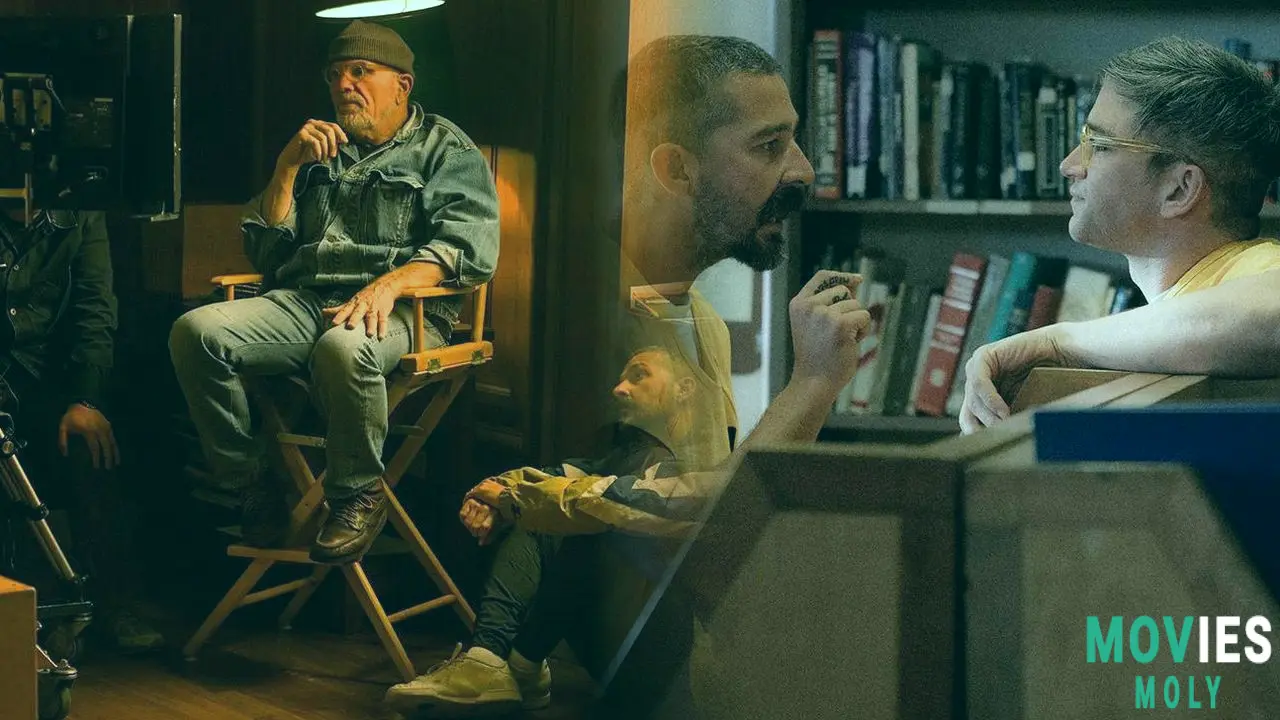
Exploring Why A Writer So Fit For Our Current Times Has Seemed To Disappear
So why, in this time of huge income gaps, male anger, scammers in high places, and general civic chaos, has David Mamet himself almost disappeared? No other American writer seems to capture the current political climate better than he does. Kieran Culkin’s Ricky Roma in Glengarry acts like a modern-day internet provocateur. Why does this revival of Mamet’s ideas and his work feel like it is almost ignored?
Simply put David Mamet cannot help himself. Like many people he moved to the far right after 9/11. He talked about it to anyone who would listen. He became even more extreme during the Iraq War. It is understandable that some people had fear turn into something else for a while. But Mamet kept going. He wrote essays and political books that even other conservative writers thought were bad. Mamet’s political ideas sound like they come from extreme right-wing thinkers. They are full of fierce claims and formal references. They try to make common right-wing ideas sound more complex. He has even questioned the 2020 election results. He recently claimed that teachers were likely to be pedophiles. I am a teacher. I have many teachers in my family. I do not think teaching makes someone perfect. But it is very strange to make one of America’s most criticized jobs your enemy. But I guess Mamet needed someone to attack.
I have read most of his political books from after 2000. Even though they make me sad they fit into a certain pattern. Writers who become as big as Mamet often lean to the right. If you think your talent and hard work are the only reasons you are successful then you might see others who are not successful as failures. If your work stops being popular or culture moves on then you might think it is not your fault but the fault of stupid liberal executives. History is full of artists who become fascinated by raw power. If this makes you stop liking Mamet then you might want to avoid other famous writers who had problematic political views. Mamet’s mistakes are small compared to what even greater writers have said.
Mamet's Lingering Influence On Modern Writers And His Personal Connection To Language
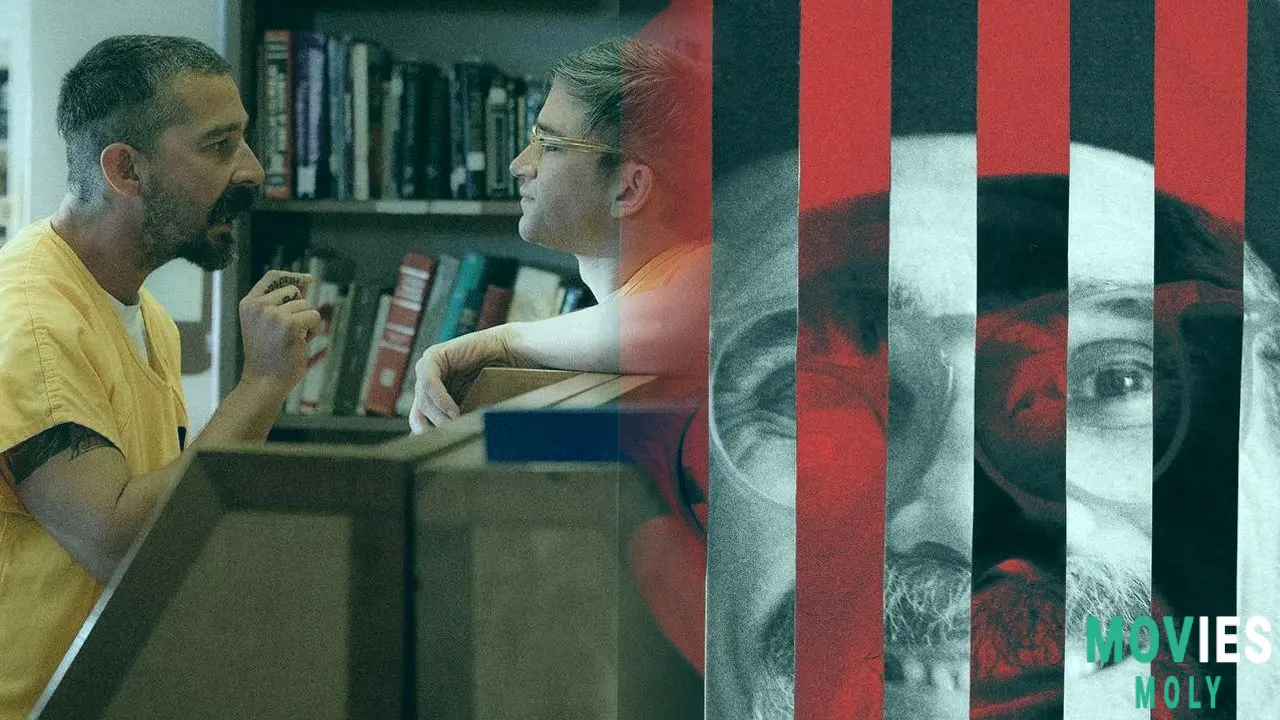
How His Dialogue Style Continues To Shape Storytelling Today
But I need Mamet. His work is in the very way I use language. Like Mamet I grew up with liberal, educated parents. Like Mamet I grew up in a home where cursing and sharp comments about idiots were normal. Other families passed down recipes. My family taught me the subtle differences between different curse words.
I had a bad lisp when I was little. For a talkative only child who loved talking about athletes and dinosaurs this was a real problem. Saying certain names was hard. That humiliation led me to speech therapy. It also made me want to speak with the sharp, confident edge of someone who would not be pushed around anymore. When The Edge written by David Mamet came out in 1997 I would practice lines at home. I would say "Today, I’m gonna kill the motherfucker!" and "What one man can do, another can do!" If I could keep up with Mamet’s language then I thought I could master my own voice. I could become a man.
A year later his script for 1998’s Ronin became another practice book for me. Robert De Niro’s character questions Sean Bean on his spy credentials. He says "boathouse" many times. Words ending in "s" are difficult when you have a lisp. I got older. I joined my parents in appreciating Mamet’s ability to speak hard truths. One of the best laughs my mother and I shared was when Jeremy Piven left a Speed-the-Plow revival. He claimed mercury poisoning from too much sushi. Mamet said Piven was "leaving show business to pursue a career as a thermometer."
As I got older I heard Mamet everywhere in the art of my generation. To me Aaron Sorkin simply made Mamet softer. He turned anger into self-important pride about college and show tunes. Mamet’s dialogue is tough. Sorkin’s is gentle. Mamet’s Sexual Perversity in Chicago influenced many modern comedies about agitated men. Lena Dunham’s characters in Girls including Mamet’s daughter Zosia speak like Mamet characters who misunderstand themselves and everyone else.
Mamet does not like teachers but he loves mentors. They fill his work. When Mamet lets his guard down he shows his love for them. His 2023 book Everywhere an Oink Oink is a fun and insightful memoir about his Hollywood career. It is warm and sharp. It has few criticisms of social safety nets. It feels like the work of a different Mamet. The most telling parts of the book show how much he looked for role models. He wrote letters to Stanley Kubrick. He shares his love for Brazilian Jiu-jitsu. He remembers Henry Fonda giving him a signed photo. An asterisk on that part mentions that Orthodox Jews and aviators believe dead mentors’ souls live with them.
Fake mentors appear in Mamet’s plays. American Buffalo and Glengarry focus on teaching and working together. Even though his script for Ridley Scott’s Hannibal was bad his idea of Hannibal and Clarice is a twisted mentor-student relationship. The Cryptogram shows a young boy wanting his father’s attention. His hurt mother and a male family friend try to fill those gaps.
Academics, another group Mamet criticizes, have always noticed him. The best articles on Mamet have titles like "Dominance and Anguish: The Teacher-Student Relationship in the Plays of David Mamet." The book David Mamet and American Macho is the best study of his work I have found. It is clear that the men in Mamet’s world pay for their bragging. Whether at the end of Glengarry or in other films Mamet’s characters end up alone.
The Enduring Power of Mamet's Work And Why It Still Resonates With Us
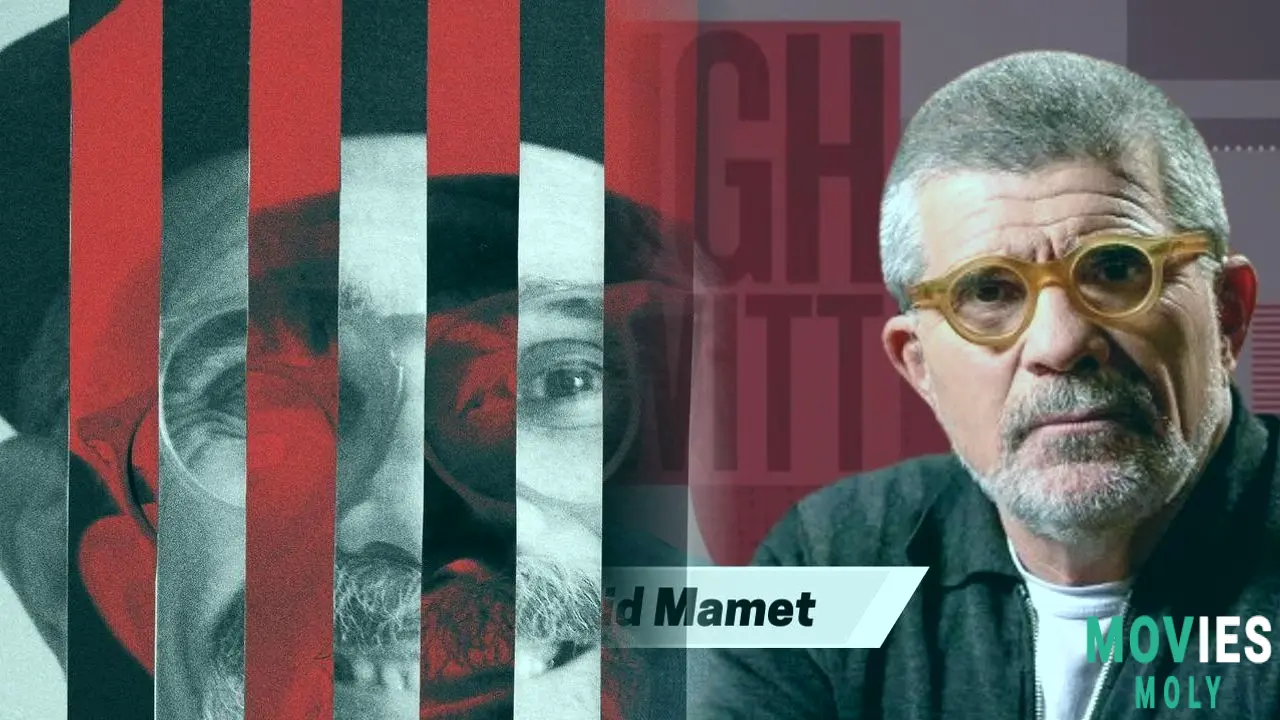
What Audiences Find In His Plays That Makes Them Feel So Real
The young are usually right about plays. When my students finished American Buffalo they said they liked it because of the hidden sadness. I thought they would praise the powerful dialogue. I was wrong. They found the heartbreak and the feeling of being trapped in the play. Young people are easily influenced by bad advice. Life plans go wrong. Powerless people fight among themselves because facing real power is scary. Yes they do it with rough language but the dialogue also moves around the core sadness. They saw addiction ruining Bobby’s life. They saw their parents in the tired Don. Even the violent Teach acted out of some hidden wound. They were all very sad. That made them feel real to these teenagers. Their understanding of American Buffalo changed how I saw it.
As someone who loves Mamet’s work has taught his work and has needed his work I feel I have the right to look into this writer. He is so focused on games where there are winners and losers. Maybe what is at the core of David Mamet’s work is the old saying about fighting: hurt people hurt people.

